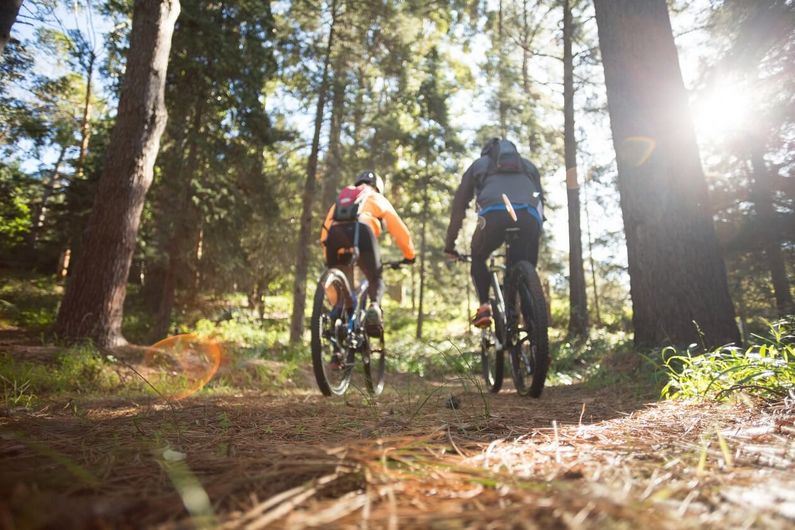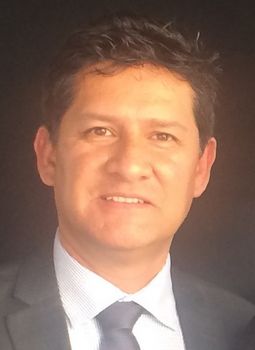Cyclists born at high altitudes tend to perform better
- UdeMNouvelles
03/29/2023
- Béatrice St-Cyr-Leroux
According to a study, individuals born at high altitudes are overrepresented among cyclists who reach a professional level of performance – and it’s because they have better oxygen consumption.
A commonsense observation has now been scientifically demonstrated: cyclists born at high altitudes tend to perform better.
That’s the finding of a Colombian study in which Mauricio Garzon took part. He’s a lecturer at Université de Montréal’s School of Kinesiology and Physical Activity Sciences.
The researchers looked at 80 cyclists between 17 to 22 years old, each born at one of three different levels of altitude and each competing in one of three performance categories. They were measured to the point of exhaustion to determine their maximum oxygen consumption (VO2max) and maximum aerobic power (MAP).
Cyclists born at altitudes greater than 2,000 metres represented about 50 per cent of the sample analyzed, whereas cyclists who had won or held privileged positions as professionals during a “Grand Tour” professional cycling stage race (the Tour de France, the Tour of Italy or the Tour of Spain) represented a significantly higher proportion, at 84 per cent.
Cyclists born at low altitude had lower MAP and VO2max values than cyclists born at medium and high altitude.
“Among cyclists who reach the podium in the Grand Tours,” said Garzon, “the main factor of their success is a better consumption of oxygen: we have demonstrated that being born, growing up and training at high altitude improves this consumption.”
The blood adapts and performance improves
There is less oxygen at high altitudes. The body therefore seeks to compensate for this reduction by producing more hemoglobin and hematocrit, for example, which improve oxygen transport in the blood to the organs. These hematological adaptations are thought to improve aerobic performance as the total volume of red blood cells increases and promotes oxygen consumption, which in turn is a key factor for success in endurance sports.
Many professional teams and federations train at high altitudes to improve the performance of their athletes. But these training sessions typically last three weeks, so the hematological benefits only remain in the body for a short time.
“Our study shows there seems to be a genetic component in people born at altitude, possibly even more so if this is also the case for their parents and grandparents, which allows them to have this adaptation naturally,” said Garzon.
“You can see this during major bicycle races, where many cyclists from Ecuador, Colombia or in general from mountainous regions such as the Pyrenees, the Alps, the Sierra Nevada or the Carpathians and even those who train at altitude in Colorado and Arizona manage to stay at the front of the pack during the mountain stages. They can better sustain their performance at high altitudes.”
A natural advantage, but…
Athletes born at high altitude may therefore be better disposed to become top athletes, particularly in endurance sports (when the socio-economic context allows it), thanks to their natural production of hematological components that favour the transport of oxygen in the body.
But there is a downside.
Professional athletes are subject to doping controls. And sometimes, even if they have not taken any doping substances, some cyclists exceed the permitted limits.
This is particularly the case for erythropoietin (EPO), which is used as a doping substance. EPO is a hormone naturally secreted by the kidneys to stimulate the production of red blood cells to increase oxygen supply and saturation. And the hypoxia caused by altitude stimulates the production of EPO in the body. Athletes may develop a naturally high level of this hormone, even without resorting to doping.
“In the world of sport, we are beginning to consider the possibility that some athletes have a different response because of their environment or their genetics, and not because they are cheating,” said Garzon.











